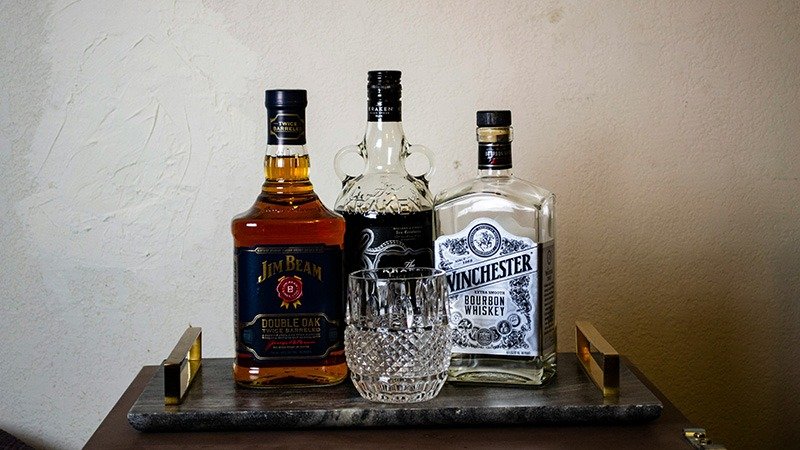The hospitality industry is undergoing a significant transformation as traditional minibars become less common in hotel rooms. This shift is largely driven by a decrease in guest usage, alongside concerns about high energy consumption and the challenges related to their maintenance. As a response, many hotels are now opting for more sustainable solutions that both meet guest needs and align with eco-friendly standards.
The Decline of Minibars in Hotels
Minibars have long been a mainstay in hotel accommodations, offering convenience to guests seeking refreshments. However, recent data indicates that these miniature stockpiles of drinks and snacks are rarely utilized. In fact, many hotels report that the operational costs and maintenance requirements of minibars often outweigh their benefits. Consequently, several establishments are deciding to eliminate them altogether.
Embracing Sustainability with Communal Snack Stations
In place of traditional minibars, many hotels are shifting toward communal snack stations. These shared areas offer a selection of beverages and snacks that guests can access at their convenience. Not only does this model promote sustainability by reducing energy waste associated with individual minibars, but it also fosters a sense of community among guests. For more on sustainable practices in hospitality, check out this link on sustainable hotel trends.
App-Based Ordering: A Modern Solution
Another innovative approach gaining traction is app-based ordering systems. These digital platforms allow guests to order snacks and drinks delivered directly to their room, ensuring convenience without the resource drain of traditional minibars. This system is particularly appealing to tech-savvy travelers who prefer the flexibility of choosing exactly what they want, when they want it. For insights into effective app-based services in hospitality, visit this resource on hospitality technology.
Optional In-Room Fridges: Catering to Guest Preferences
To further enhance guest experience while prioritizing sustainability, some hotels are now providing optional in-room refrigerators. These fridges allow guests to store their own food and beverages, reducing waste while offering convenience. This solution caters to a growing number of travelers who prefer to bring their own snacks and drinks, especially those with specific dietary needs or preferences.
Conclusion
The hospitality sector is adapting to the evolving preferences of travellers by phasing out minibars in favor of sustainable alternatives. Communal snack stations, app-based ordering, and optional fridges are not only more energy-efficient but also align with modern guest expectations. As hotels continue to innovate and focus on sustainability, these changes mark a significant step toward a more environmentally responsible future in the industry.
For further reading on the transformation of hospitality trends, you can explore more about sustainable hotel practices and the impact of technology on guest experiences.



